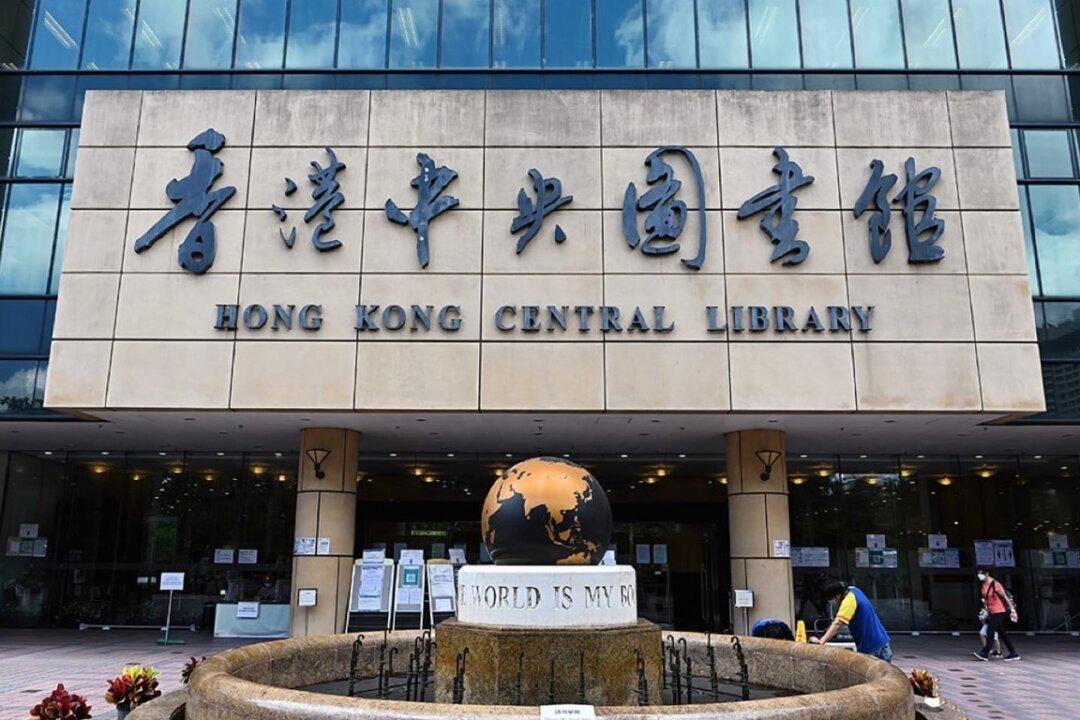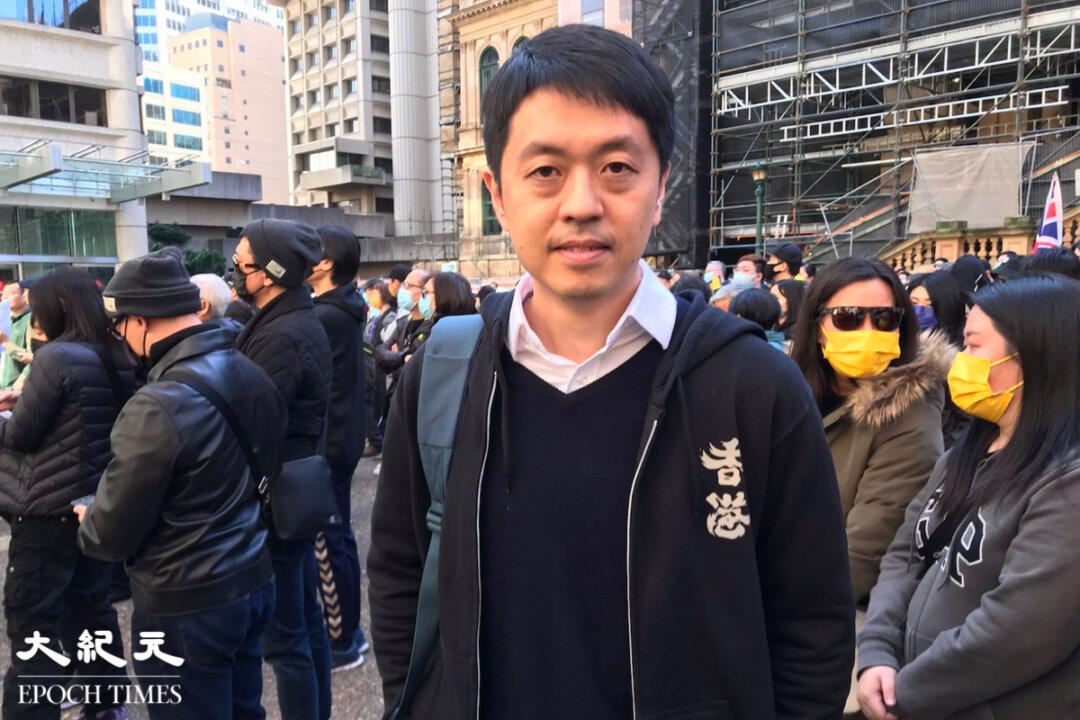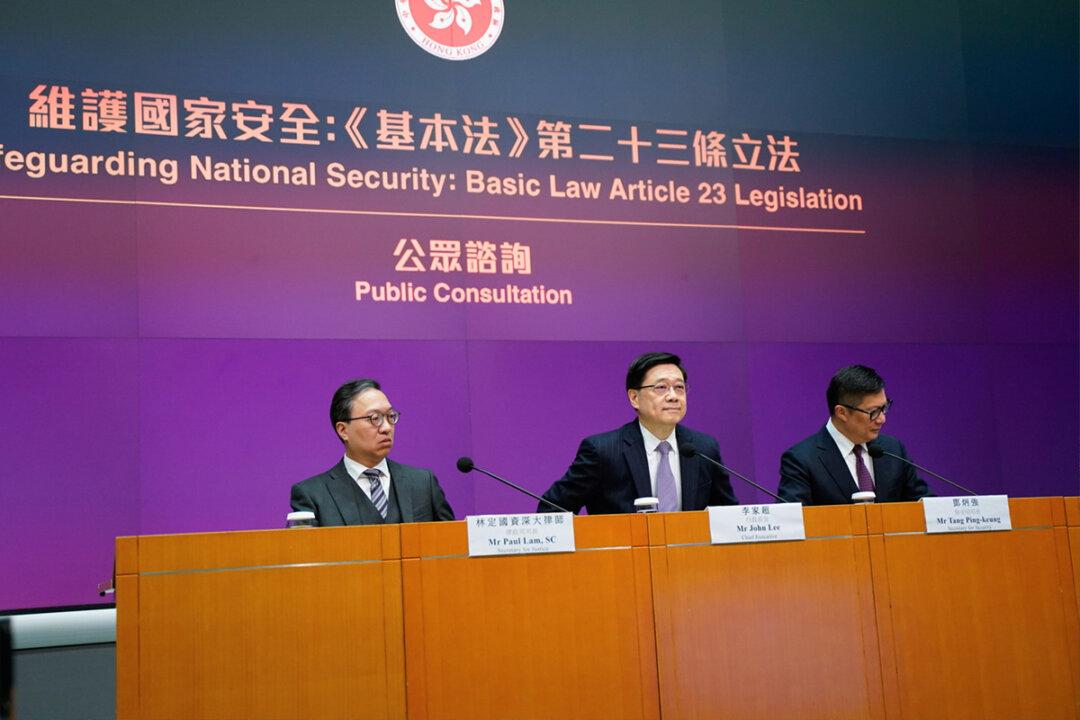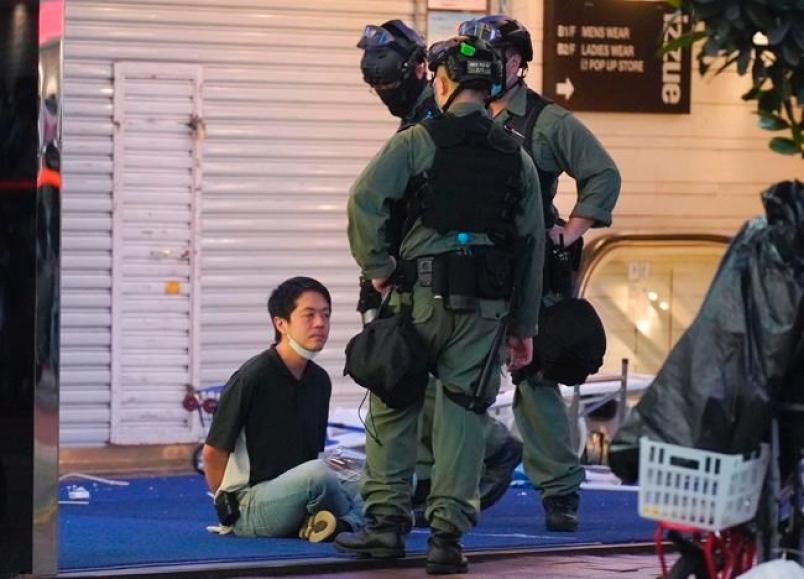The number of collections in Hong Kong’s public libraries dropped by over 40,000 items in 2020, the year the national security law came into effect, the latest figures revealed.
Based on the Hong Kong Monthly Digest of Statistics by the Census and Statistics Department on Jan. 15, after the National Security Law came into effect in 2020, the number of public library collections decreased by 42,000 in 2020 compared to the previous year, increased by 156,000 items in 2021, and decreased again in 2022, with 66,000 fewer items than the previous year, as shown in the figure below:




